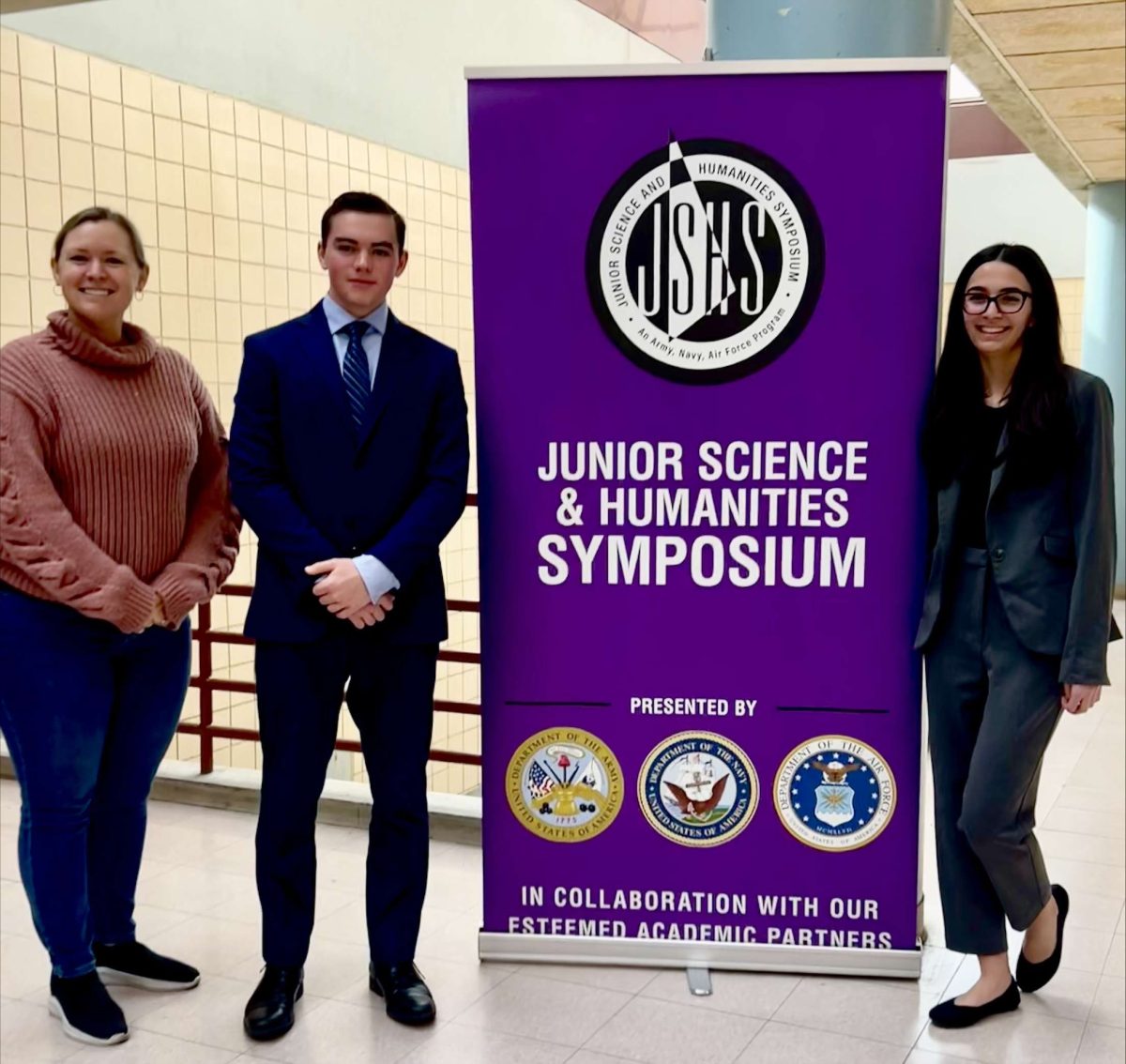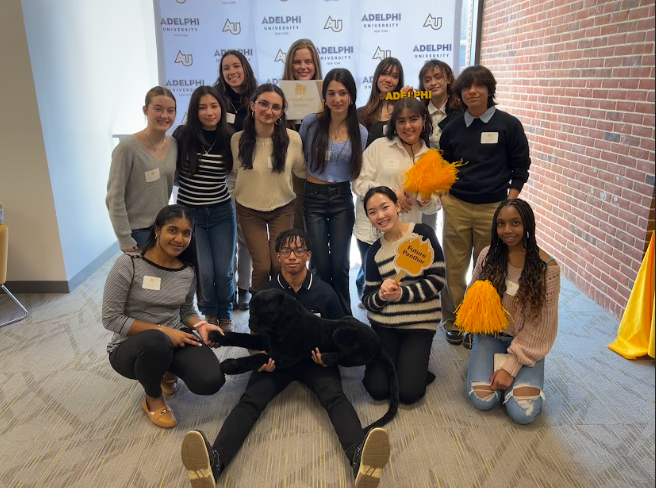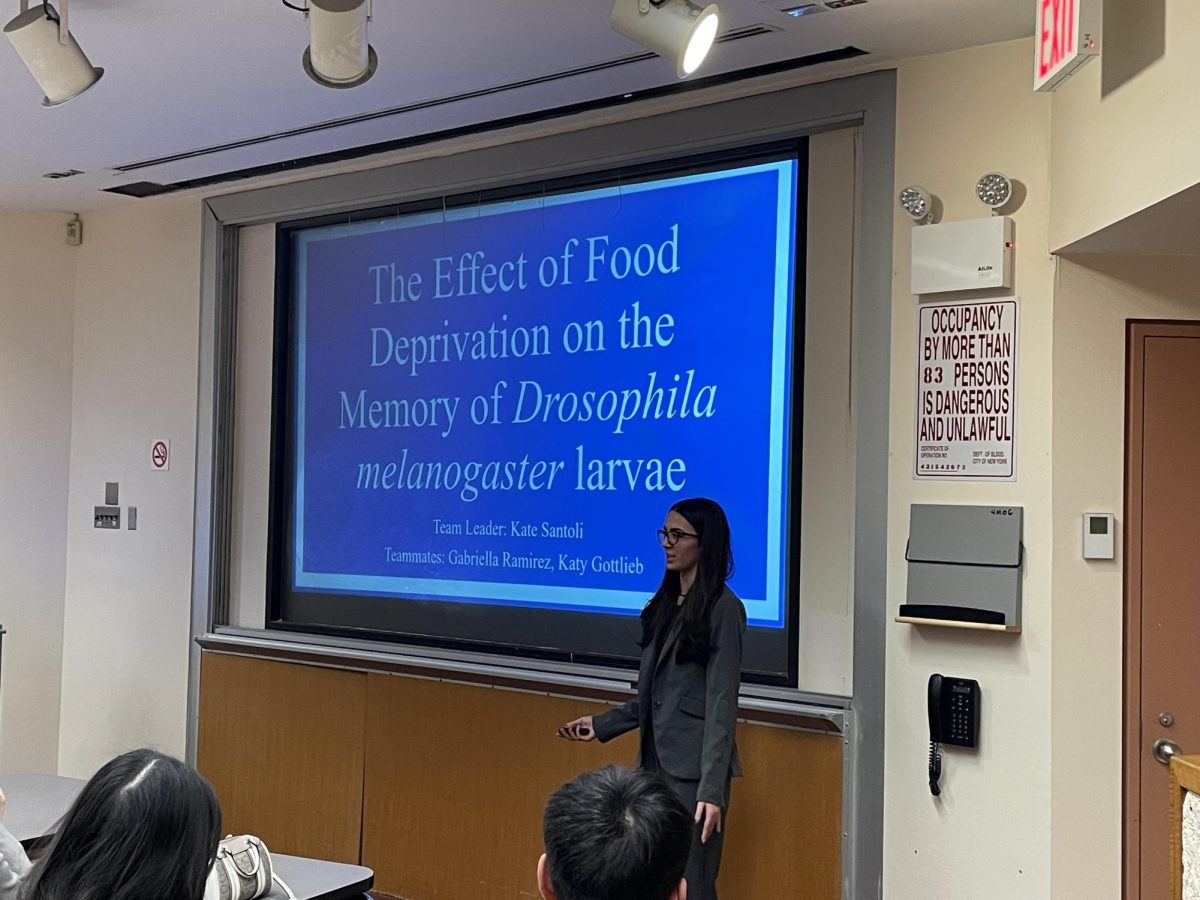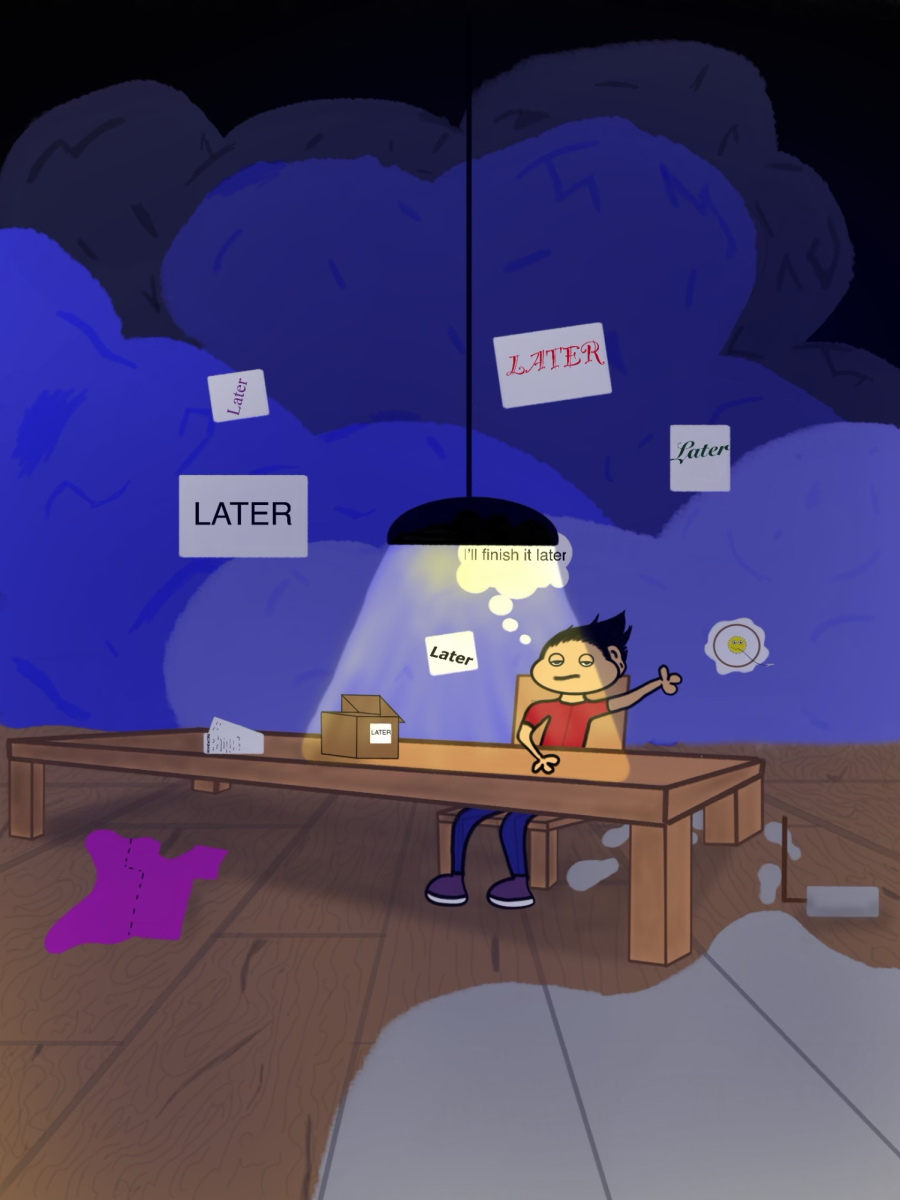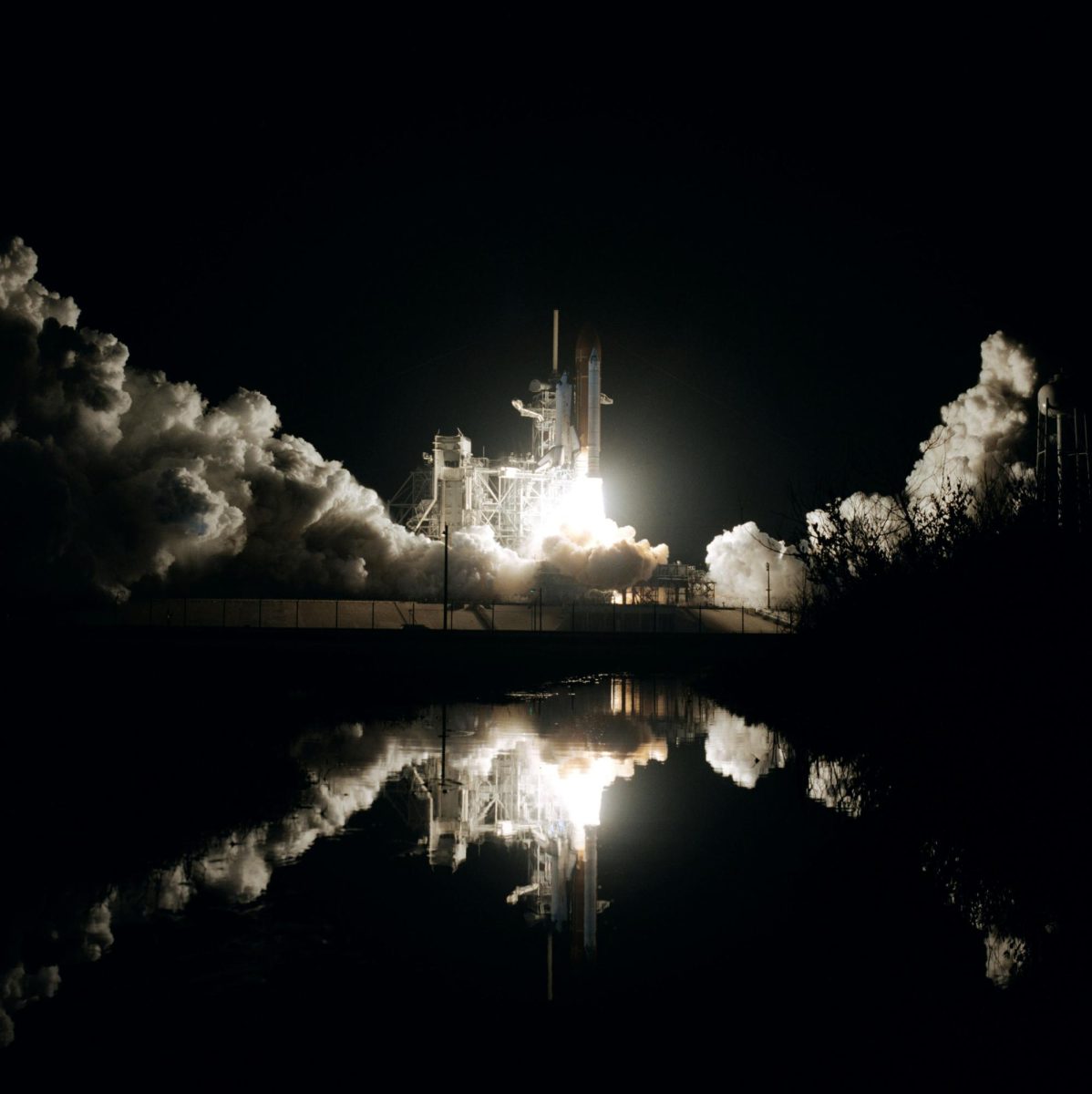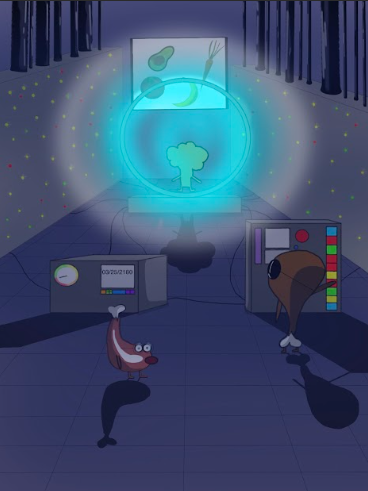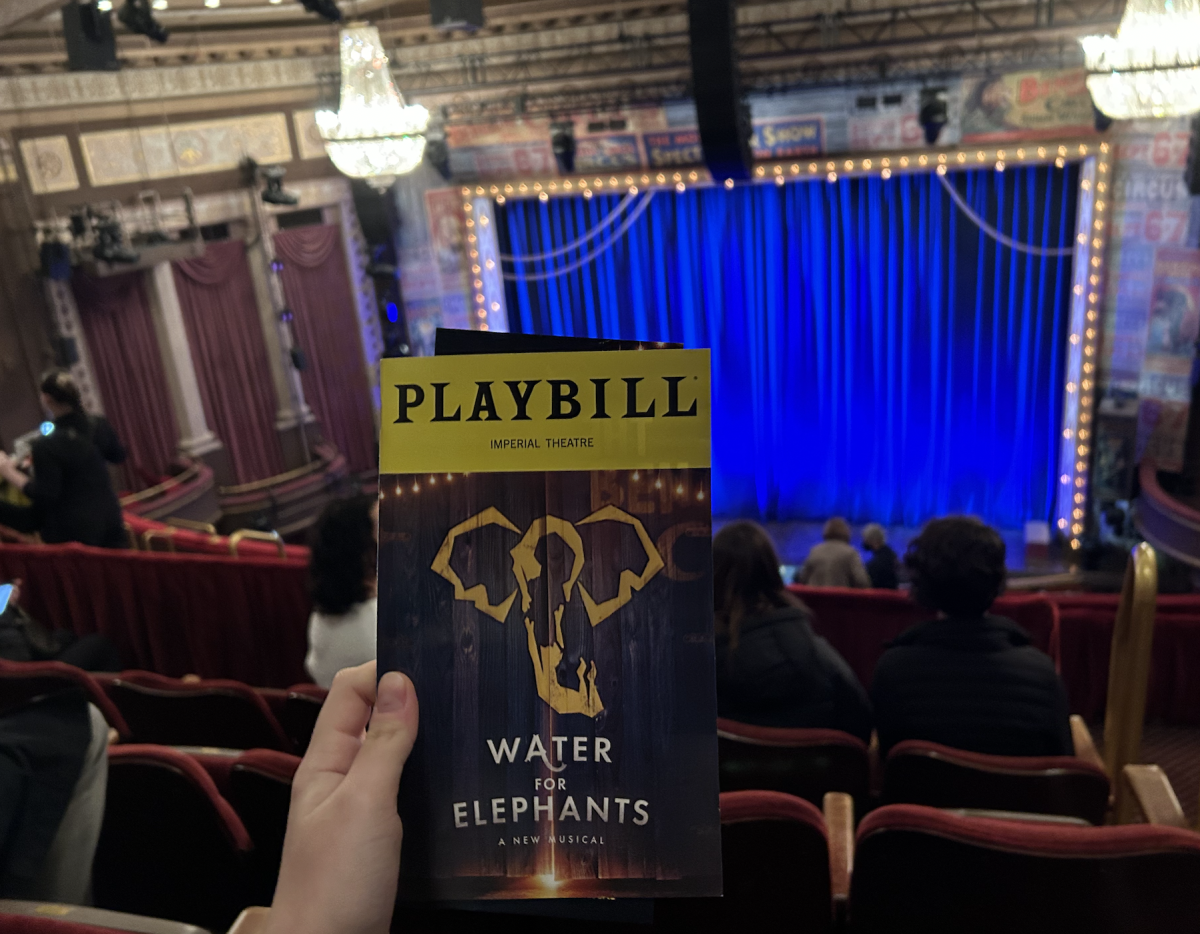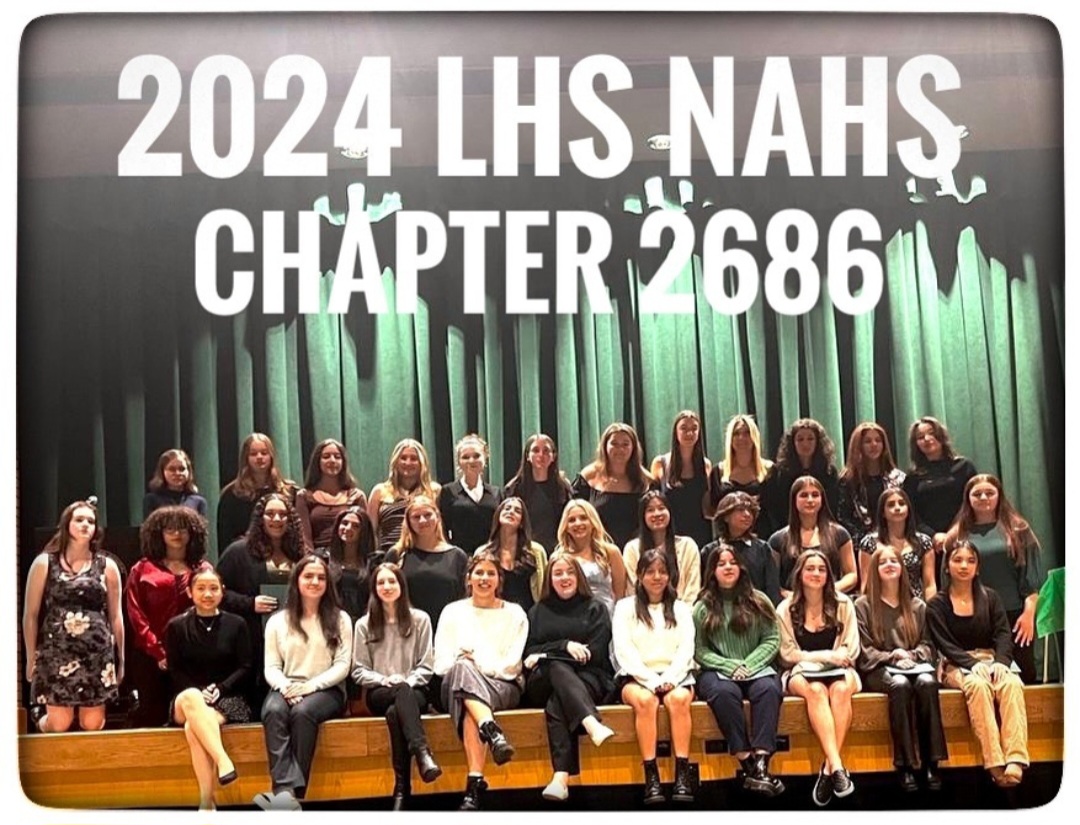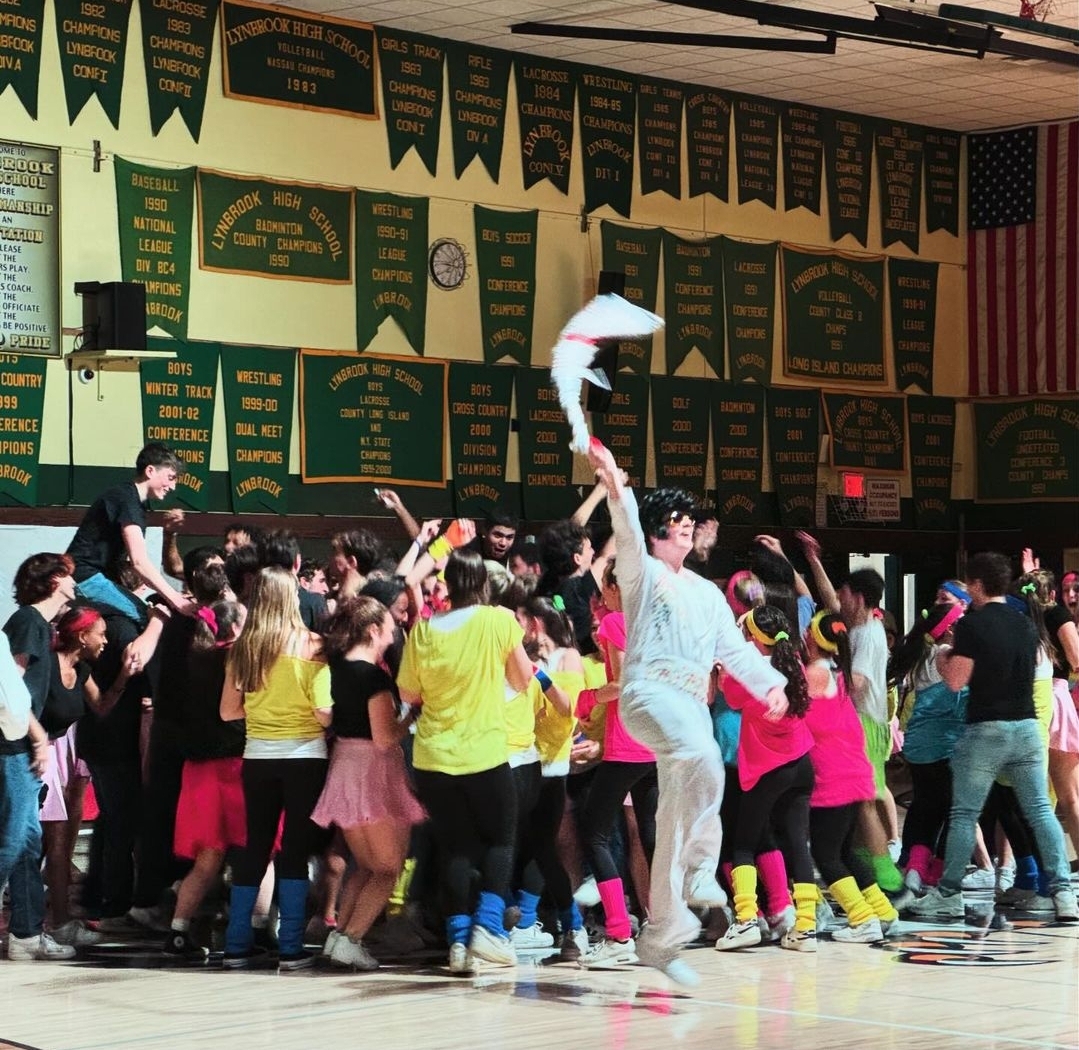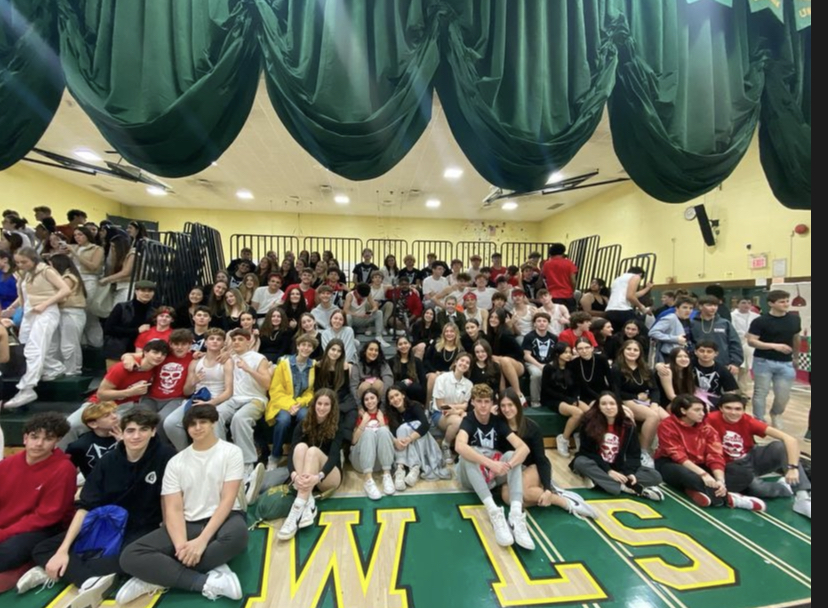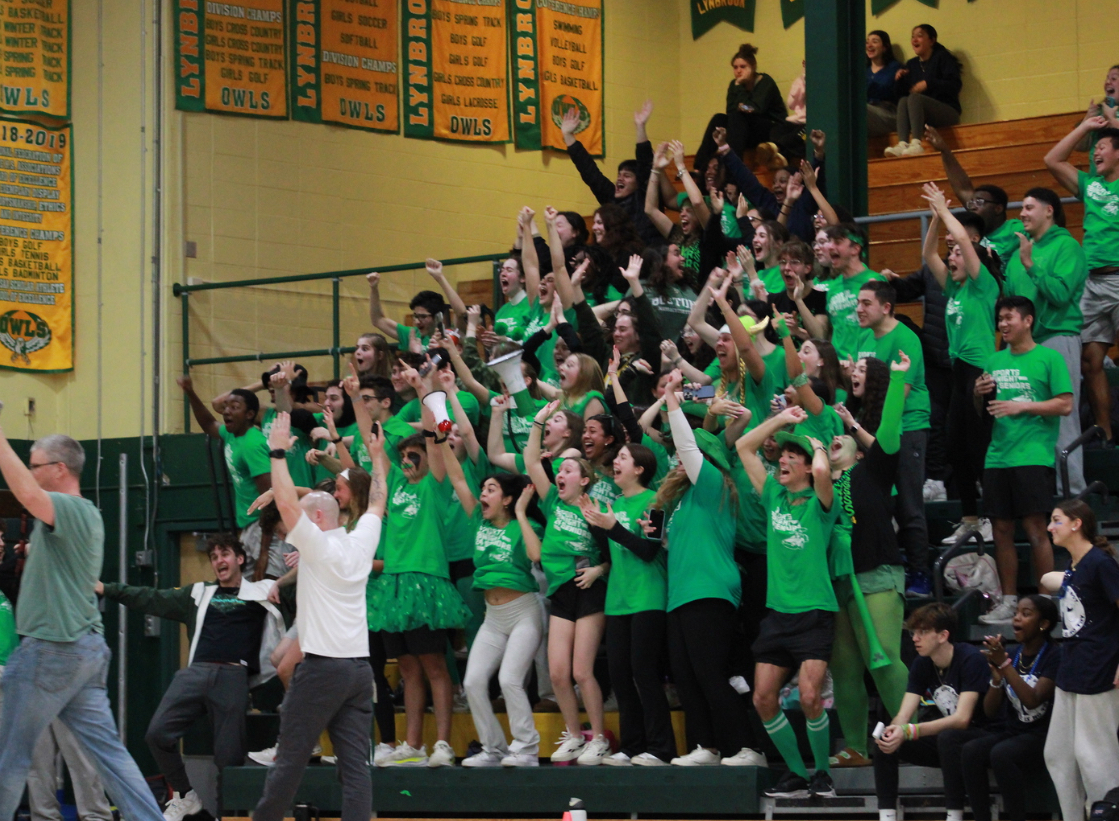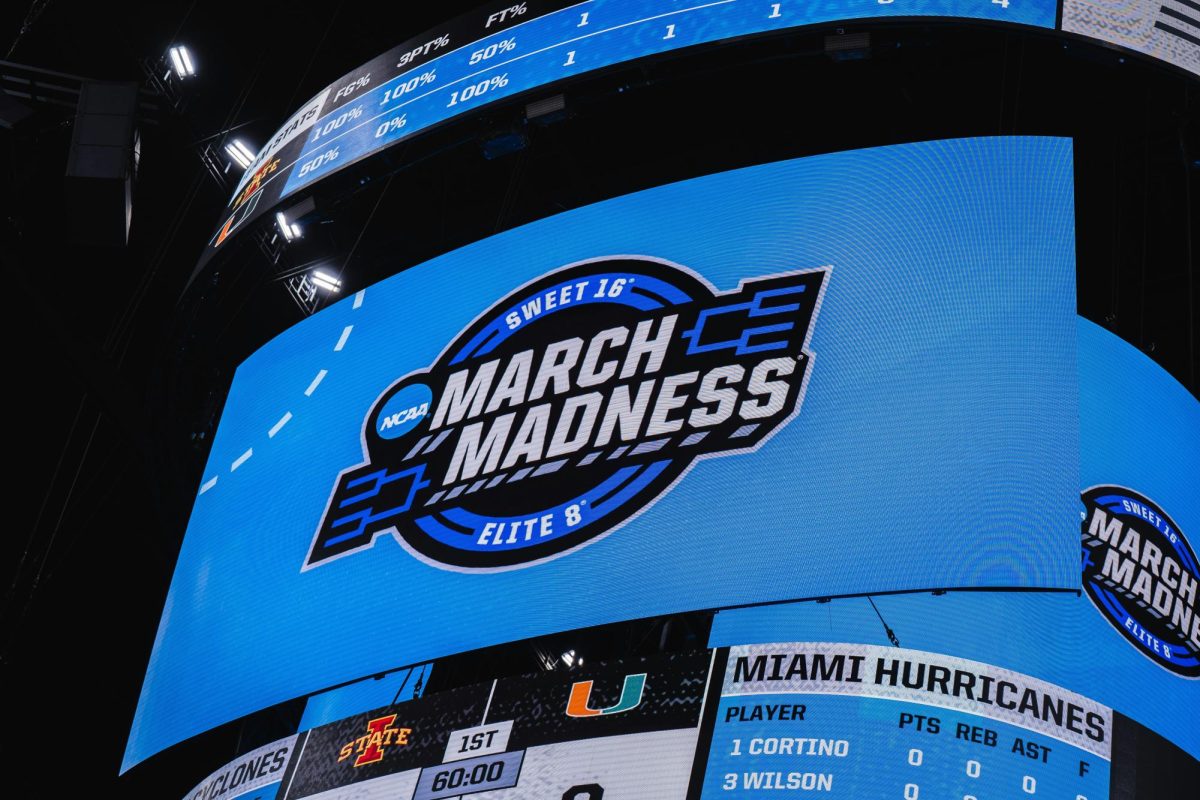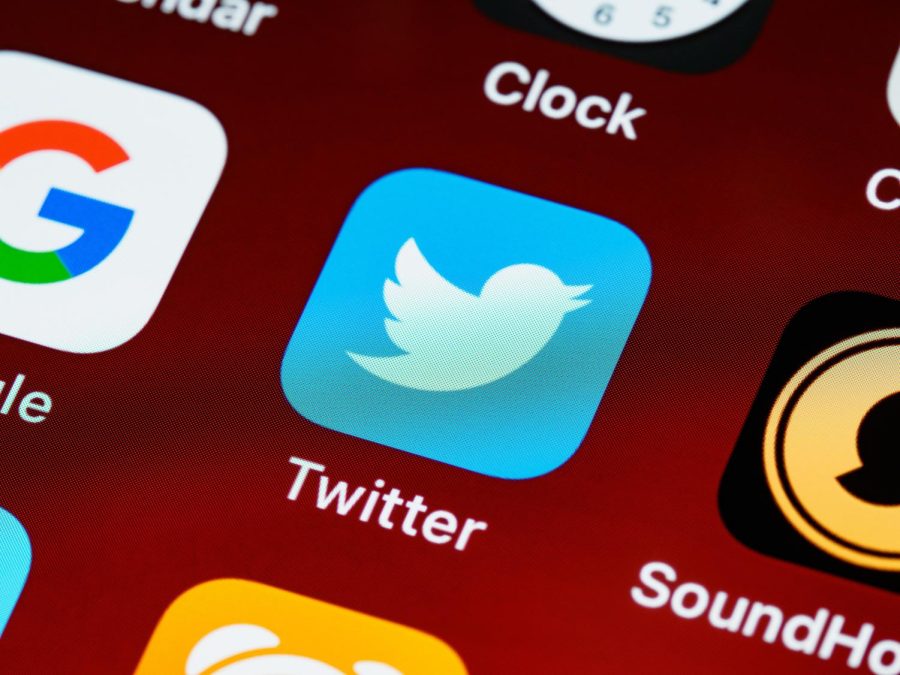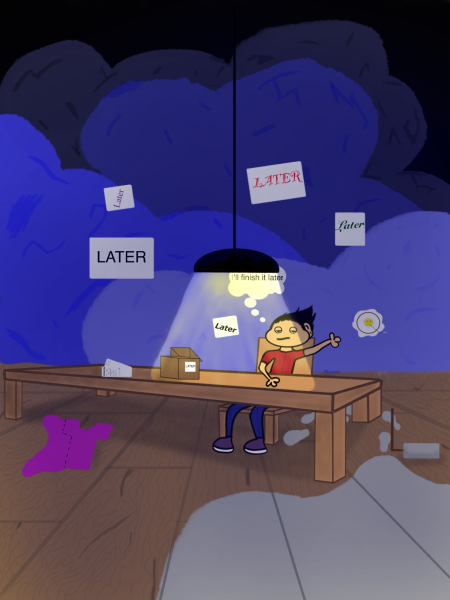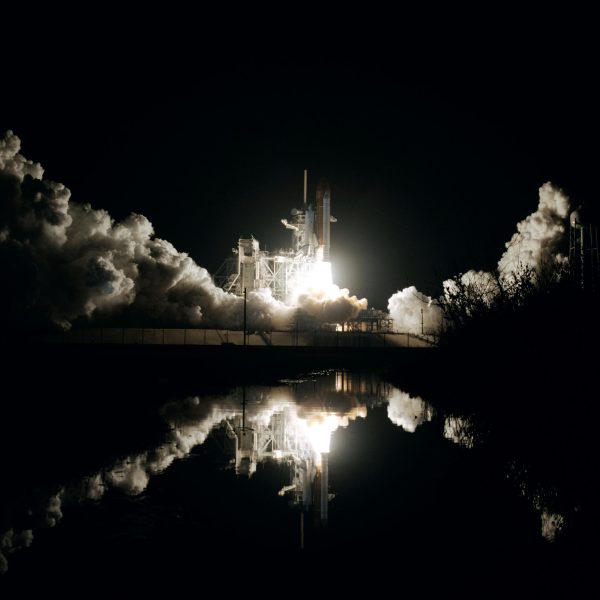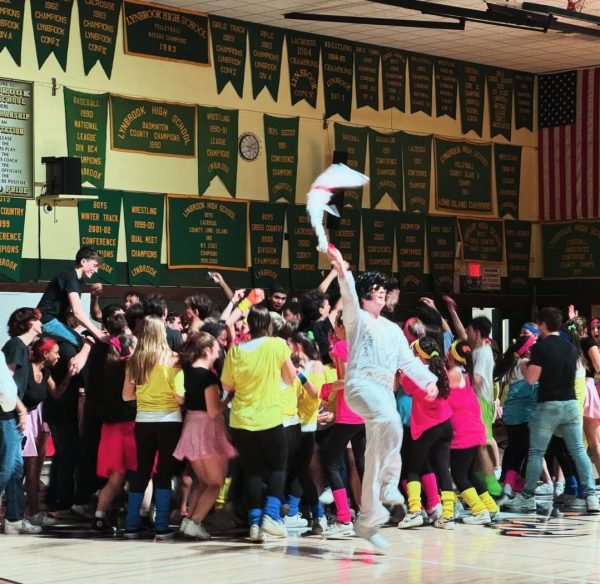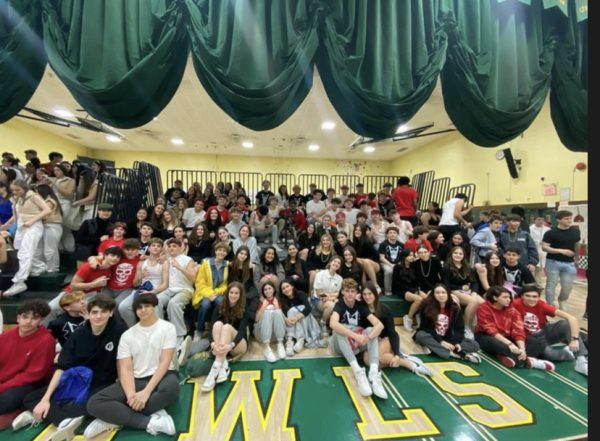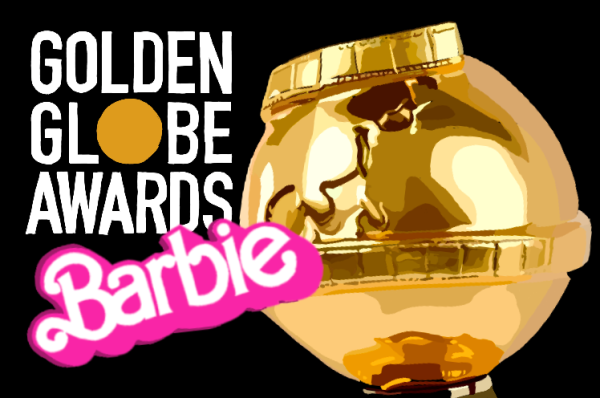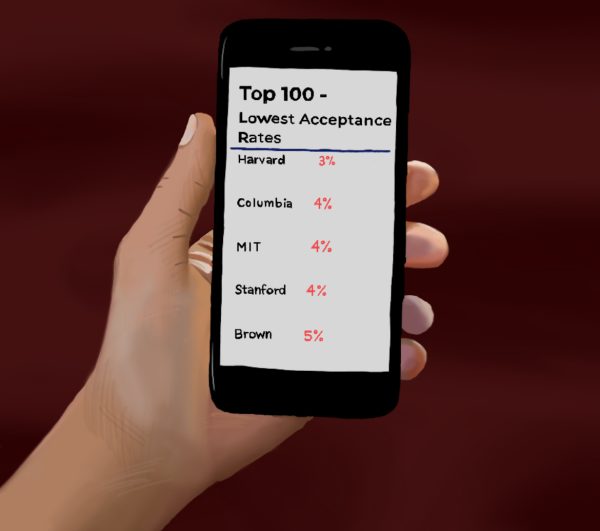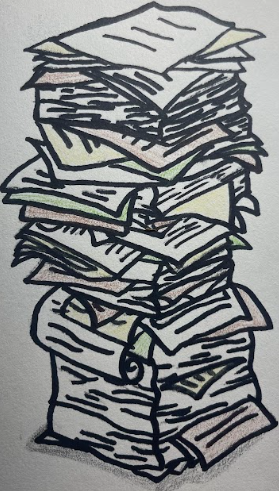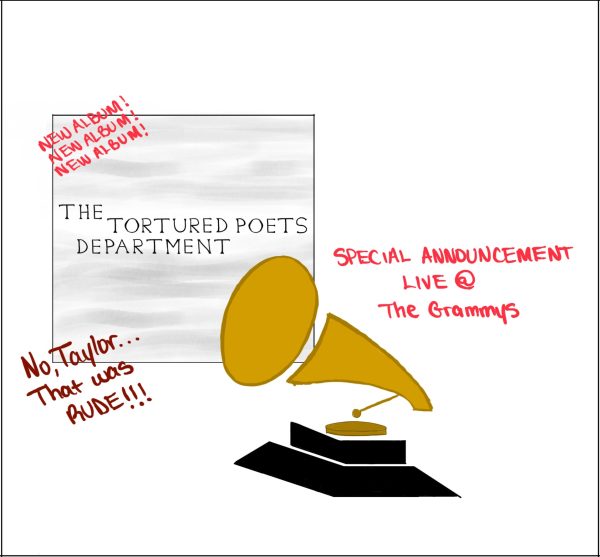Elon Musk’s Twitter Takeover
Elon Musk, the world’s richest man, recently signed a deal to buy Twitter for $44 billion, making a small dent in his $270 billion net worth. Twitter has been one of the most influential social media platforms among many groups and generations of people. However, on the business side, the platform has been experiencing a downfall; it is one of Silicon Valley’s most infamous underperformers and has been faced with many controversies. Twitter has become broken, but is Musk really the one to fix it?
Musk’s true plans to transform Twitter appear unclear. He claims that his primary goal is to ensure that the platform promotes free speech rather than to make a profit. However, this seems unbelievable. Experts suggest his economic interests could be due to both Twitter and Tesla’s stocks falling, according to The Conversation (theconversation.com). In The New York Times article entitled “Will Musk Save Twitter or Destroy It?” David Kirsch, a professor at the University of Maryland’s Robert H. Smith School of Business, said, “Elon Musk used [Twitter] to sustain the Tesla narrative and support the stock when the company was in danger of collapse.” No wise investor would spend $44 billion dollars and not have profit as a chief objective.
Experts theorize that Musk’s idea of “free speech” could mean looser content moderation policies, something Musk has frequently criticized. This could also mean new rules about who could use the platform, which could include the reinstatement of former president Donald Trump, who was banned from using the platform in January 2021 after the Capitol Hill riots. However, Musk has not formally stated this, and Trump has expressed a disinterest in rejoining the platform.
Users are split over how much they feel social media platforms should be regulated. Some feel allowing complete free speech is optimal, while others prefer there to be restrictions that limit hateful and misleading posts. Sophomore Isabella Martinez believes that there should be some restrictions on social media platforms, saying, “If a user posts something degrading, then there should be warnings or restrictions.” Martinez further explained that there should be consequences if posts or accounts get reported to prevent harassment on platforms. Sophomore Elizabeth Charpentier added that although restrictions are helpful, they do not protect the user entirely. Charpentier said, “Posts can still get spread by those who still have access to an account if someone’s account is banned.”
Musk has also promised to rid the platforms of bots and spam, which are accounts that flood the app by posting misleading and/or inappropriate content. He may also change the order in which content is presented to the user. In March, Twitter transitioned from a chronological feed to an algorithm-based one, following the lead of other platforms such as Instagram and TikTok. Musk has expressed an interest in changing this new algorithm to a more open-source model, which would prevent tweets from being promoted and demoted “randomly.”
After analyzing Musk’s supposed “plan,” experts have found many contradictions. A notable conflict is his drive to make Twitter a platform of freedom of expression while also eliminating bots and spam. By eliminating these accounts, he is restricting the content that can or cannot be posted because he would still be able to limit users’ free speech by simply claiming their posts are spam or that they are a bot. Furthermore, Musk himself has stifled speech that he does not like, going against his ideal “free speech” policy for Twitter. His own company, Tesla, has been accused of pressuring laid-off employees to sign non-disclosure agreements to prevent them from taking the company to court. The company has been accused of racial discrimination, sexual harassment, and unsafe working conditions, all of which Musk has tried to push under the rug. By buying Twitter, Musk will be able to gain even more control and could turn the narrative about Tesla’s controversies to his favor.
Finally, Musk’s plans to have an unregulated Twitter could lead to increased harassment on the platform, creating a toxic platform rather than a liberating one. Twitter employees have raised concerns that Musk allowing all posts regardless of whether or not they contain misinformation or hate speech will undo their years of work cleaning up the platform in an effort to remove offensive posts.
This is not the first time a billionaire has used his money to expand his power by taking control of the media. Jeff Bezos, the billionaire Amazon founder, owns The Washington Post. Billionaire Rupert Murdoch owns The Wallstreet Journal. Musk may simply be trying to catch up to his billionaire companions in their quest to control society through their riches. Sophomore Amelie Duch agreed that billionaires have accumulated too much power, saying, “Having large sums of money allows these billionaires to do things people with less money would be unable to do. They also often look for more ways to obtain money and influence through social media.” Musk’s takeover of Twitter is almost definitely a means to expand his fortune and power rather than create a platform for free speech.


